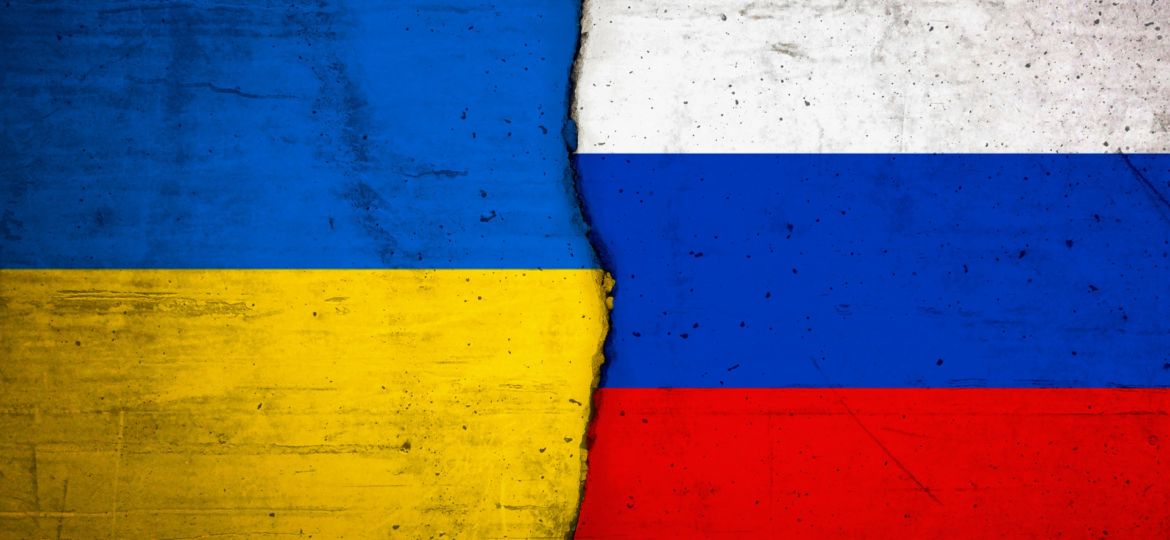Special Edition – Early Warnings: What to expect on the Russian invasion of Ukraine anniversary
On 24 February, and in the days following the anniversary of the Russian invasion of Ukraine, there will likely be a new wave of disinformation about the war. During the week EDMO published several early warnings, summarized here, about the main disinformation narratives that are likely to emerge.
It is possible to provide early warnings because disinformation and quality information are linked: disinformation, in the vast majority of cases, follows information. If information is talking about, for example, tanks supplied to Ukraine, disinformation will most likely talk about that too.
So, on the anniversary of the Russian aggression against Ukraine, some of the main messages of the Kremlin’s propaganda are likely to be reiterated: the war was justified, Putin’s decisions are widely supported in Russia and abroad (while EU countries’ decision to help Ukraine is strongly criticized by EU citizens), the EU is committing social and economic suicide with the sanctions against Russia, and supporting Ukraine equals playing with fire because of likely escalation, even nuclear, of the conflict.
As fact-checkers, we do not check opinions, but only facts. It is important to stress that on occasion, such narratives could represent legitimate opinions: a citizen can honestly believe that Russia was right to attack Ukraine. We talk about disinformation narratives, then, when such views are hammered into the public debate through a consistent campaign of false news. For example, the opinion that Russian aggression was justified was conveyed through a wave of false news about a non-existent genocide in Donbass, about non-existent secret US/NATO bio-laboratories in Ukraine, and so on.
EARLY WARNING 1
Disinformation justifying the invasion
One of the narratives that can be expected to resurface is the one justifying Russia’s aggression. False news and false statements can be expected in particular about:
- The “genocide” of Russian-speakers in Donbas
- The Nazi sympathies of the president Zelensky and his government
In fact, the level of violence in Donbas and the number of violations of the ceasefire were dropping during Zelensky’s presidency until the war, with small numbers of civilian victims, according to the U.N. and to the OSCE (Organization for Security and Co-operation in Europe), two organizations of which Russia is a member.
The evidence of Zelensky’s sympathies for Nazi ideology were consistently proved to be false and or fabricated in the past 12 months: (see the EDMO database and the EDMO monthly briefs on detected disinformation).
EARLY WARNING 2
Disinformation exaggerating the support for Russia (in Russia and in Europe) and the discontent in EU countries for their support to Ukraine
One of the narratives that can be expected to resurface – even more so after Putin’s speech on 21 February – is the one exaggerating the support for the war in Russia (but also in European countries).
In parallel, it is possible that false news exaggerating the discontent inside the West, and in particular among EU member states, for support (political, economical and military) to Ukraine will circulate in the days around the anniversary.
In the past, this kind of disinformation – also on different topics, like the protests related to the pandemic – used mainly old videos and images of demonstrations (and celebrations), miscaptioned and re-contextualized so that they are linked to the current events, while in reality they were recorded in different places and/or times.
EARLY WARNING 3
Disinformation about economic and social consequences of the war and of the sanctions
One of the narratives that can be expected to resurface is the one exaggerating negative economic consequences of the war and of the related sanctions in the West and in particular in the EU, along with the one minimizing their impact inside Russia. The prices of gas, food, and goods in general are likely targets.
This disinformation is consistent with the propaganda message, repeated by Putin in his speech on 21 February, that the countries issuing the sanctions are punishing themselves, while, for example, Russian farmers gathered a record-breaking harvest in 2022.
Social consequences of the war are also likely topics of disinformation in the near future, and Ukrainian refugees in particular are targets of a consistent disinformation campaign detected since the first months of the war. Pro-Russia disinformation is constantly trying to create rage and resentment against Ukrainian refugees in European public opinions, through false news about crimes committed by Ukrainians, about their Nazi ideology, about them being in fact rich and/or spoiled, and most of all about the fact that EU member states treat Ukrainian refugees better than their own citizens.The anniversary of the invasion could be an occasion for the intensification of this ongoing campaign.
EARLY WARNING 4
Disinformation on the risk of escalation of the conflict
Disinformation about the risks of escalation of the conflict is to be expected, reusing known false narratives:
- The conflict will turn into a nuclear war.
- NATO is directly involved in the war.
- Other countries are involved as well.
On this last point, it is probable that false news on the situation in Moldova will grow. This is a recurrent pattern, which was previously detected during events linked for example to Poland and the Czech Republic during the presidential elections in January 2023.
Most of these narratives have been detected since March 2022 and tend to persist in time. It is to be expected that they will keep on circulating in the foreseeable future, sometimes under new shapes and forms.
